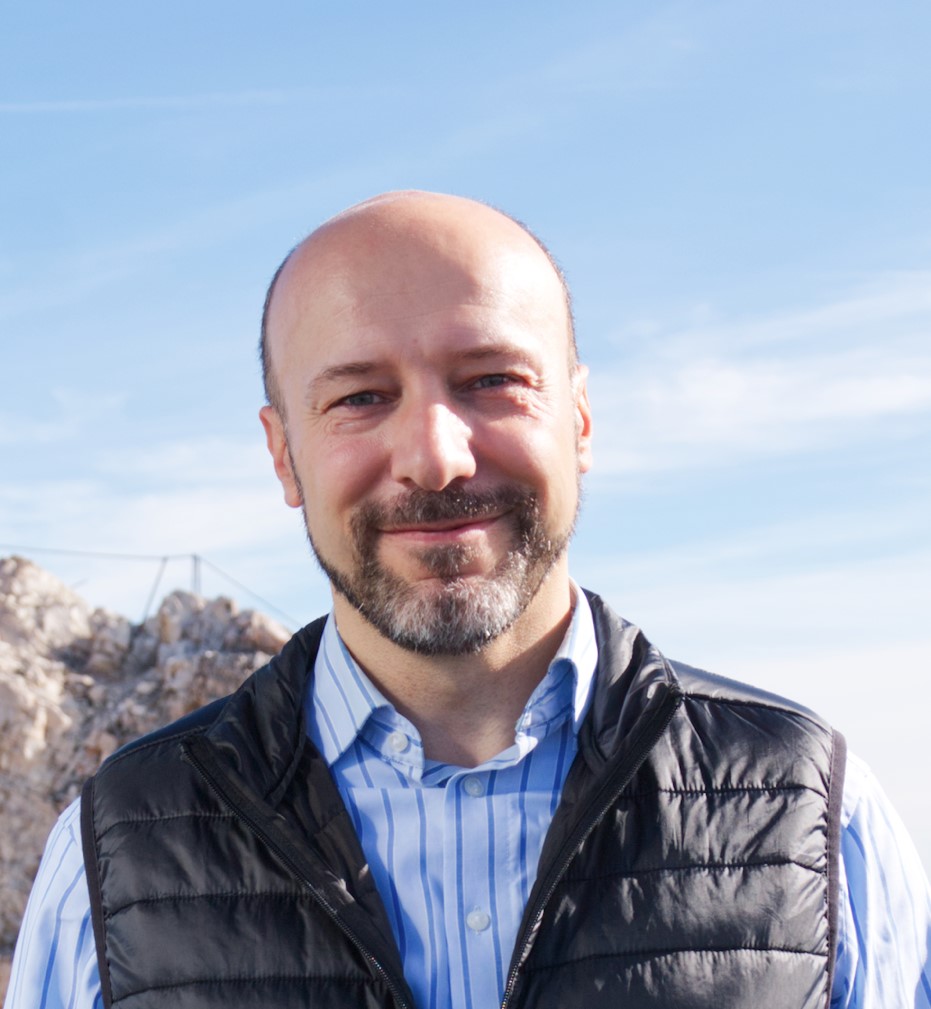Keynote Speaker
Samuel Kounev

Serverless Computing: An Old Wine in New Bottles or More?
Market analysts are agreed that serverless computing has strong market potential, with projected compound annual growth rates varying between 21% and 28% through 2028 and a projected market value of $36.8 billion by that time. Although serverless computing has gained significant attention in industry and academia over the past years, there is still no consensus about its unique distinguishing characteristics and precise understanding of how these characteristics differ from classical cloud computing. For example, there is no wide agreement on whether serverless is solely a set of requirements from the cloud user’s perspective or it should also mandate specific implementation choices on the provider side, such as implementing an autoscaling mechanism to achieve elasticity. Similarly, there is no agreement on whether serverless is just the operational part, or it should also include specific programming models, interfaces, or calling protocols.
In this talk, we seek to dispel this confusion by evaluating the essential conceptual characteristics of serverless computing as a paradigm, while putting the various terms around it into perspective. We examine how the term serverless computing, and related terms, are used today. We explain the historical evolution leading to serverless computing, starting with mainframe virtualization in the 1960 through to Grid and cloud computing all the way up to today. We review existing cloud computing service models, including IaaS, PaaS, SaaS, CaaS, FaaS, and BaaS, discussing how they relate to the serverless paradigm. In the second part of talk, we focus on performance challenges in serverless computing both from the user’s perspective (finding the optimal size of serverless functions) as well as from the provider’s perspective (ensuring predictable and fast container start times coupled with fine-granular and accurate elastic scaling mechanisms).
Bio
Dr. Samuel Kounev received a MSc degree in Mathematics and Computer Science from the University of Sofia (Bulgaria) in 2000 and a PhD (Dr.-Ing. summa cum laude) in computer science from TU Darmstadt (Germany) in 2005. He was a research fellow at the University of Cambridge (2006-2008) and Visiting Professor at UPC Barcelona (summer 2006 and 2007). In 2009, Samuel received the DFG Emmy-Noether-Career-Award (1M€) for excellent young scientists, establishing his research group “Descartes” at Karlsruhe Institute of Technology (KIT). Since 2014, Samuel Kounev is a Full Professor holding the Chair of Software Engineering at the University of Würzburg, where he has served in various roles including Dean (2019-2021) and Vice Dean (2017-2019) of the Faculty of Mathematics and Computer Science, Managing Director of the Institute of Computer Science (2016-2017), and Member of the Faculty Board (2015-2021).
His research interests include developing novel methods, techniques, and tools for the engineering of software for building dependable, efficient, and secure distributed systems, including cloud-based systems, cyber-physical systems, and scientific computing applications. He has recently coauthored the first textbook on Systems Benchmarking (New York, NY, USA: Springer, 2020). In the area of benchmarking, he founded the SPEC Research Group, a consortium within the Standard Performance Evaluation Corporation, providing a platform for collaborative research efforts in the area of quantitative system evaluation and analysis. Samuel is co-founder of several conferences in the field, including the ACM/SPEC International Conference on Performance Engineering (ICPE) and the IEEE International Conference on Autonomic Computing and Self-Organizing Systems (ACSOS), for which he has also been serving on the Steering Committees. His research has lead to over 300 publications and multiple scientific and industrial awards, including 7 Best Paper Awards, SPEC Presidential Award for “Excellence in Research“, Google Research Award, ABB Research Award, and VMware Academic Research Award.